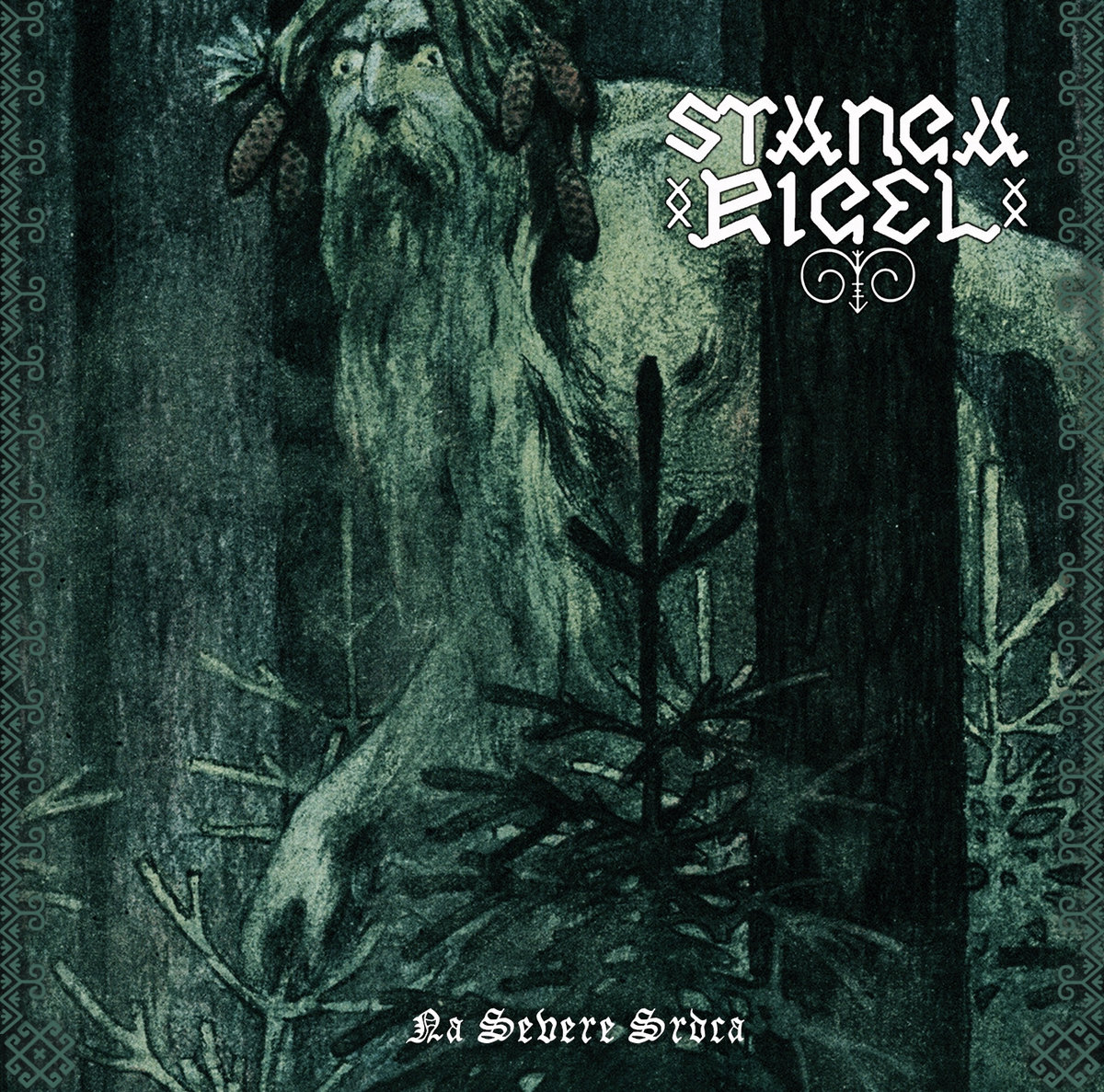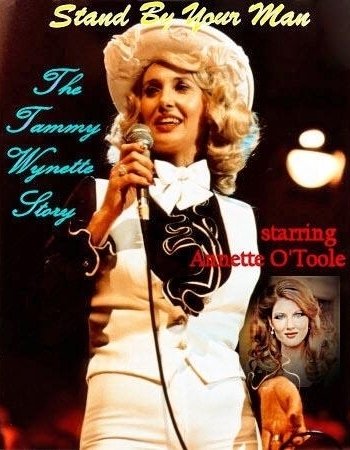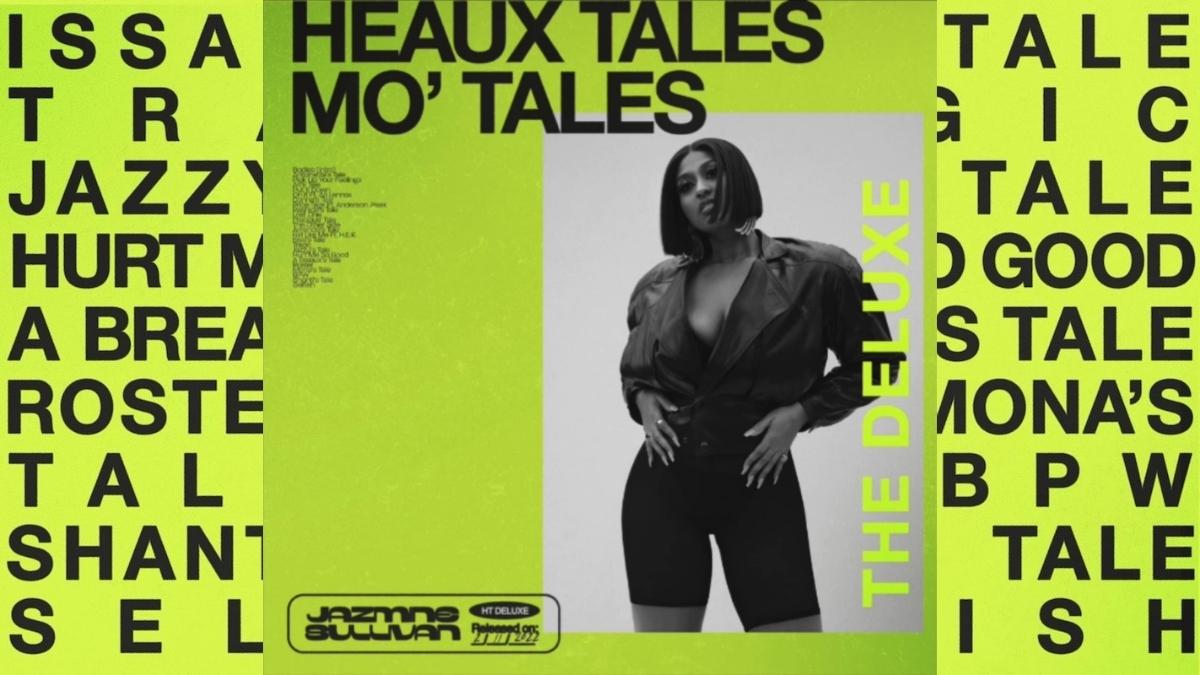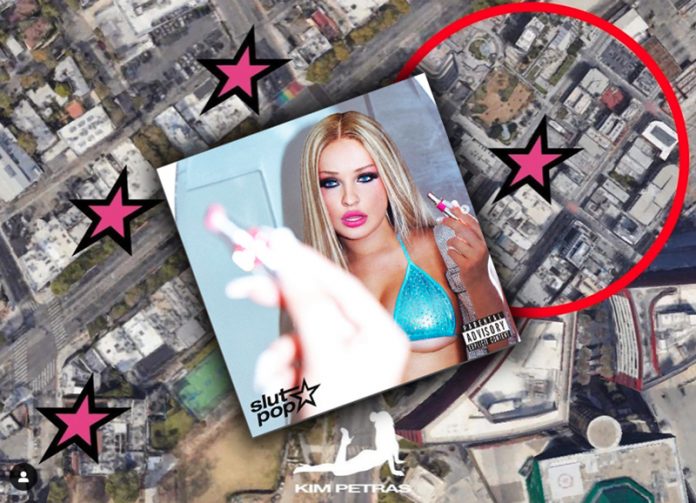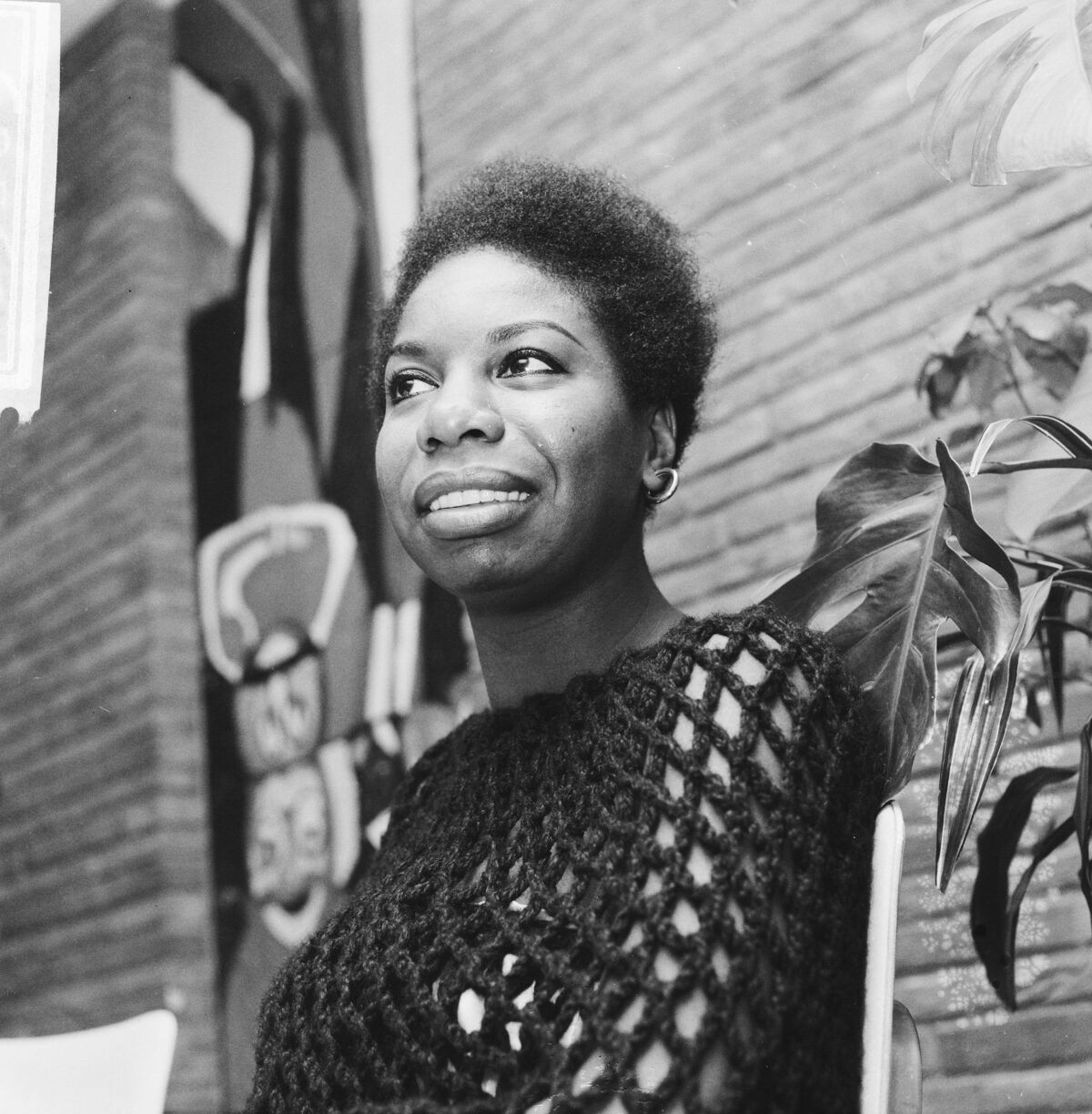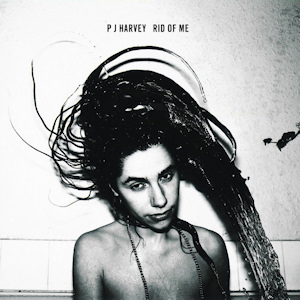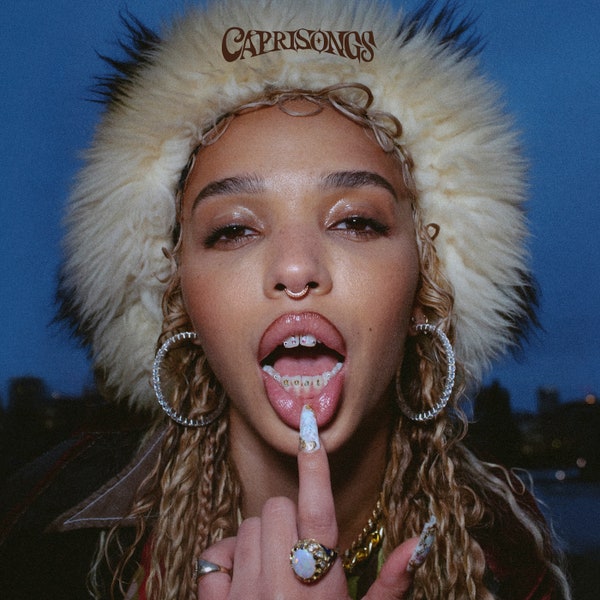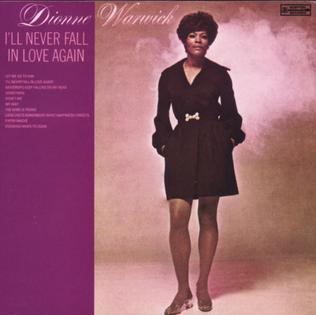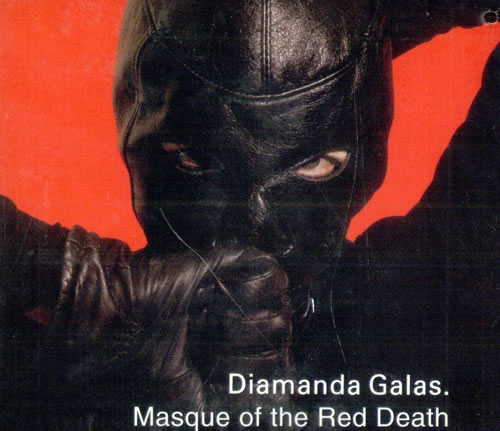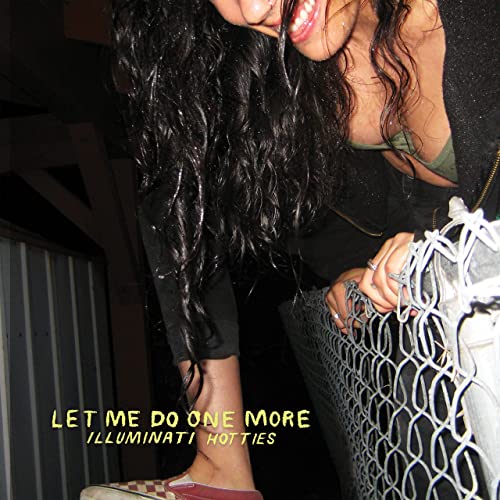I’d like to tell you of three songs that have, over the years, come to occupy the same space in my mind of “Ironic anthems about #gender.” These three are “Stand by Your Man,” by Tammy Wynette, “I Am Woman” by Helen Reddy, and “Keep Young and Beautiful,” by Winston Churchi- I mean Eddie Cantor. These songs date from the 30’s to the 70’s and are bound together by gender commentary so dated it’s almost kind of surreal. I do not use the word “camp” lightly, but these three songs are some of the campiest things I’ve ever heard before in my life, and all three have seen renewed interest as kind of ironic feminist anthems. They are all also absolute bangers, and honestly some of my favorite songs to loudly belt with the passion of a theater kid at Waffle House after the show. The very theater kid nature of these three songs will come up a lot. So, let’s have some fun shall we.
Stand By Your Maaaaaaan
True anecdote: when I was a kid, I had heard that clip of Hillary Clinton saying “I’m not some Tammy Wynette standing by my man,” somewhere and mentally assumed that Tammy was some politicians wife who stayed with her cheating husband. Then, when listening to county classic “Rhinestone Cowboy,” at the behest of a friend, this song came in my recommendations. I listened to it, and absolutely lost my mind over the fact this song was real. Asking my parents, who were alive and in avid Country music households in the 70s, they assured me that this song was 100% unironically advising women to stand by their husbands.
The message of this song is, I suppose technically, a bad message, but it’s delivered at such over the top heights of passion and melodrama I have a hard time imagining someone being genuinely upset by it. The song assures women that, while it’s hard living with the no good guys of the world as they cheat, it’s best to let love and forgiveness reign and just let them do it.
The backdrop here is obviously some kind of backlash to the second wave feminist movement, and a look at Tammy Wynette’s back catalogue reveals as much. She has such classics as “D-I-V-O-R-C-E” and “I Don’t Want to Play House,” which are woeful laments to the death of the traditional family. However, “Stand By Your Man,” is set apart from these mediocre odes by being an absolute banger. Seriously, Tammy Wynette has the voice of Broadway diva and she knows how to use it.
The song has seen a few cover versions, all banking on combining the song’s musical luster with ironic feminist ire. Among my favorites is the live version cover by the Dresden Dolls on their album “A is for Accident.” Amanda Palmer has the same ‘I can’t quite tell how seriously you take yourself’ energy as Wynette, though on the opposite end of the political spectrum as an avowed feminist. Palmer is the archetypal theater kid, performing the song in her typical Cabaret-meets-Rent fashion atop a din of dive bar patrons loudly ignoring her. The irony poisoning makes the cover less impressive, but it’s a combination of styles and artists so perfect it can’t be ignored.
I Am Woman
In surveying my parents about “I Am Woman,” I found out that this is truly one of my mother’s least favorite songs. While younger listeners may find this to be objectively delightful, my rad-fem mother felt just represented enough by the song that it becomes unbearably cringey. That’s an understandable response, but god do I love this song anyways. If I wasn’t so afraid of getting an organic chemistry textbook thrown at me, I would play it for my women-in-STEM friends during finals week to see their reactions.
This song is the definitive “You’ve Come a Long Way Baby” anthem. If that term is unfamiliar to you, it has approximately the same meaning as “Buzzfeed Feminism” does. An epithet used by militant feminists to decry what they see as a commercialization of the women’s movement. Any further historical analysis should be saved for a far less lighthearted venue, but let’s just say that on paper, this song should be insufferable.
However, similar to “Stand by Your Man,” the solid musical fundamentals of “I Am Woman” allow its questionable lyrics to shoot the moon and loop back around to being awesome. The difference being that, while you have to detach yourself from all good sense to find “Stand by Your Man” appealing, “I Am Women” is far easier to love. The message is ultimately positive, and you can tell Helen Reddy really believed that this was an urgent message the people needed to hear. It’s maybe a B-tier Carol King song, but most people are doing good to make it on the alphabet at all when compared to Carol King, so props to Helen for having some strong musical instincts.
The song has been picked up since Reddy’s recent death as a kind of historical curiosity. I haven’t seen any major cover versions, but there’s definitely some warm sentiments for “I Am Woman” floating around out there.
Keep Young and Beautiful
This is perhaps the most theater kid song on the list in that it’s a literal showtune. Written in 1933 for a mostly forgotten movie musical, the song is about how women should always pay extreme attention to their appearance if they ever want to be loved by a man. I honestly can’t tell you whether this song was ironic at the time, as even my great grandmother was a small child when this song was made. However, after learning that “Stand by Your Man,” was where we were at as a culture in the early 70s, I’m inclined to say this song is serious.
The track has some appeal to it, if you like that old style of musical number mastered by Cole Porter and Rogers and Hammerstein. It was reportedly a favorite of British Prime Minister Winston Churchill, and I’m unsure whether that reflects worse on Churchill or the song. It is, at the very least, kind of catchy.
The original song may be fine, but the cover version by Annie Lennox on her debut album “Diva” (I’ll give you three guesses as to the target demographic for that album) is much better. Lennox doesn’t so much subvert the song as she does perform it in all its Victorian glory. Coming from the mouth of gender-bending, queer feminist queen Annie Lennox, the song is impossible to take seriously, and it becomes less about the actual content and more about the cognitive dissonance evoked a mere 60 years after the song’s release.
These songs go back 90 years in the past and capture very thin slices of how women were viewed at their respective times. The fact that we can barely take these songs seriously now is really a testament to how different our world is now after the second wave feminist movement has come and gone. At least the music underlying them remains strong enough that we can have a lot of fun with these songs in retrospect.
